Can children be infected by scratching someone with HIV?
Children are defenseless against the world and can get hurt while interacting with other people. Many parents then worry:Is there a risk of contracting HIV if the person playing with a child is HIV-infected and gets scratched by the other person, or if the child scratches the other person, or scratches each other?
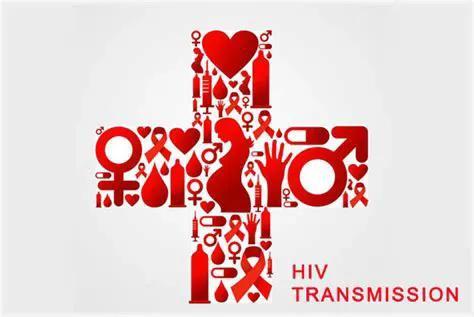
To understand this, we first need to know by what means AIDS is transmitted. There are three basic ways in which the HIV virus (HIV) is transmitted, which are all over the streets in AIDS awareness advertisements.
The three main routes of transmission are: unprotected sex, blood transmission and mother-to-child transmission.
The vast majority of current paediatric HIV infections are through mother-to-child transmission. Sexual transmission is rare, and is mainly caused by sexual assault, which is a criminal act. In both cases, there are ways to protect children from infection through protective measures, leaving blood transmission.
Many people who are afraid of AIDS may think that if they see blood or come into contact with blood, it can definitely cause the spread of AIDS. In fact, this is because they do not understand some of the specifics and conditions of blood transmission.
Blood transmission occurs mainly through the importation of HIV-containing blood, or the sharing of syringes and needles with HIV-infected persons, or some irregular surgical and other injurious operations, which allow HIV-containing blood from sharps to enter into the wounds of healthy persons.And that leads to infection.
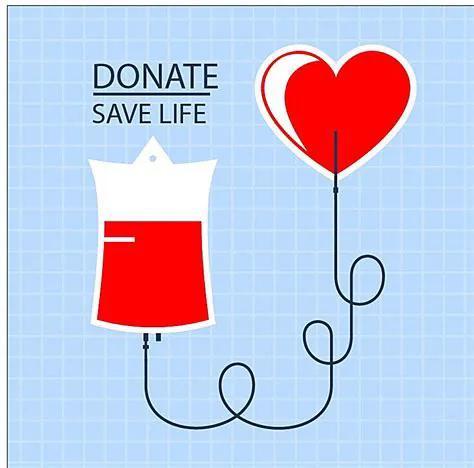
So, can scratching cause blood transmission? Dr. Long is here to talk about that today.
- 1. Children scratching HIV-infected people.
The main thing that can scratch the other person is the fingernail. However, if the child's fingers are not cut or broken, even if the person with AIDS is scratched, the blood of the other person will at most remain in the cracks of the fingernails or come into contact with the child's intact skin, which is not infected as a result.Because HIV cannot move on its own, it cannot burrow into the skin on its own without an open wound pathway.
- 2. Children scratched by AIDS-infected people.
The same applies when the other person, who is infected with AIDS, scratches the child with his fingers. If the other person's skin is intact and there are no wounds, even if he scratches the child with his fingernails and the child bleeds, he will not be infected as a result.Because there is no HIV on the other person's nails or on the surface of their skin.

However, there is also a risk if the other person has blood on their nails, but only if they have fresh blood or fresh discharge.
- 3. Scratching each other with HIV-infected people.
This situation is somewhat dangerous. This is because, during the process of scratching, there may be an exchange of blood between the two parties, which means that they are attached to each other through the breaks on both sides. Blood with a virus enters through the wound, and there is a risk of infection.
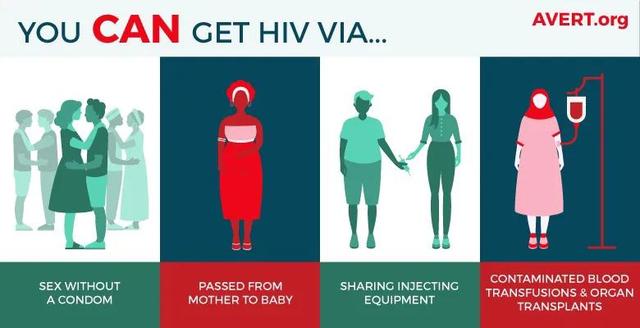
Looking at these three scenarios, we should know that for HIV to spread, the following conditions must be present at the same time.
- The other person is HIV-infected, untreated, and positive for viral RNA.
- There is direct contact between the two parties with the wound, and through this contact there is direct blood exchange.
- It was not cleaned and sanitized in a timely manner after the incident, and the AIDS blocking medication was not taken within 72 hours.
Having these conditions just means that it is a possibility, it doesn't mean that you will definitely get infected.The probability of infection is about the same as one unprotected sex session. It is recommended to take HIV blocking drugs within 72 hours if it is not too late. Of course you don't have to wait 72 hours, but should take it as soon as possible, the sooner the better.
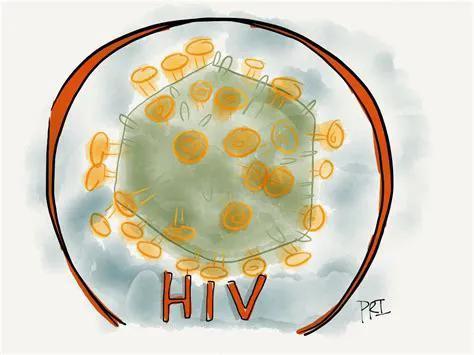
wrap-up
Children may get hurt while playing with other people, whether the other person scratches himself or he scratches and sends the other person, which will make parents worry. In particular, some parents who are afraid of HIV like to associate it with the fact that they may have had some unclean sex and are afraid that they are infected, even if they test negative. Then, his child would scratch him and therefore would worry about his child getting infected, and that theA child who shows the same symptoms as him is even more worried, and such people are actually most worried about themselves.
Islamophobes extend the tentacles of fear wirelessly, they are terrified at the mere sight of blood and unknown liquids. This is actually a psychological problem. The first thing to clarify is whether you have a mental illness or not, and if you do, you must make good mental adjustments or take anti-anxiety medication.
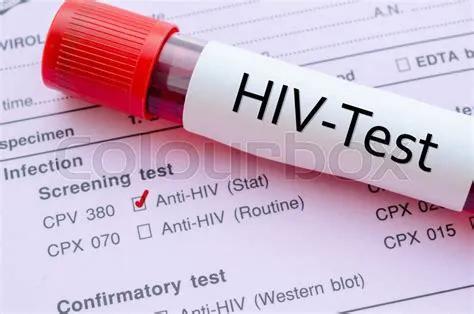
I am a clinician who loves science, seeing patients, consulting, answering questions, solving puzzles, popularizing medical knowledge, and experiencing the power of warm words in the midst of my hurried clinical work!
Feel free to like, comment, retweet and favorite this article if it was useful to you. For more medical knowledge, stay tuned to Dr. Long!
Are children who scratch HIV patients at risk for HIV infection? depends on two of the following factors?
1. Did the patient have skin lesions where he was scratched? Is it bleeding?
2. Did the child have skin lesions during the scratching of the patient? Did the breach bleed?
If both are present and the child is at risk of HIV infection, the child's wound needs to be treated immediately by gently squeezing out the blood around the wound, disinfecting it with medical alcohol or iodophor, and going to a specialized hospital to get a doctor's prescription for medication that will block the HIV infection, which should be taken immediately. It is important to note: taking blocking medication only reduces the risk of possible infection by about 80%.
If there is only the first point and not the second, it means that the child only had skin contact with the patient's blood during the scratching of the HIV patient, and there is generally no risk of infection, and the child should be told to wash their hands immediately to minimize the duration of contact.
It is common for patients to be unable to explain how the event occurred or to be uncertain of the circumstances; some patients are overly concerned that the child will become infected, in which case the situation has to be evaluated and treated specifically. The doctor will analyze the situation and decide whether the child needs to take the blocking medication. In this case, it is important to go to the hospital and let the doctor talk to the patient face-to-face, rather than making a decision based on a phone call or online consultation. In addition to the young age of the child, the decision needs to be made by the guardian, which makes it all the more important to handle the case with care.
Of course, the risk that a child may become infected is greatly reduced when the patient is treated with antiviral therapy and the viral load reaches the lower limit of detection, but it is not the case that there is no risk. The lower limit of virus detection in a patient's body is usually less than 50 copies (or 20 copies) per milliliter of blood, and with more accurate tests, it is possible to detect 3 to 4 copies of virus per milliliter of blood.
As for the side effects of blocking drugs, there is so much to cover that a special lecture is needed.
That's not so evil, the world is so big, there is no such thing as disease, just be careful, if you have a disease, you can treat it, and if you die, it's the end of your life 🙏.
I don't think so. As long as there's no bleeding on the baby, it's fine.
Is it the new coronavirus or HIV that is serious? HIV is currently incurable, will it become an extinct disease of the human race? If a person is infected with HIV and does not take medication, the virus will endlessly replicate and attack the body's immune system to mutate these. Therefore, if a person infected with HIV takes medicine, it will control the replication and mutation of these, and the transmission of HIV is through blood, sex, and so on. HIV blood does not survive in fruits and vegetables. If an HIV-infected person injects blood into all animals, it will live and spread. Some mammals, such as rats, rabbits, monkeys, snakes, dogs, wild boars. In the river turtle, crab, etc., flying in the sky, running on the ground inside all the animals, the animal reproduces again to increase the number of animals will be infinite replication. Outside running animals infected with HIV will not be able to take medication, can not be controlled, will be infinite replication and mutation, for fear that the years will be brought to the society of mankind may be no cure. So HIV is transmitted in animals, more terrible than human-to-human transmission, more serious pathogenic. HIV patients should never go this way. So we have to protect the privacy of HIV infected patients, care and care well. I have been working in a village health center for eight years. HIV-infected people had better farm less, for fear that when they accidentally have trauma, by chance they also have trauma on the farmed animals, for fear of unintentionally infecting the animals. Fear of giving humans no cure? Free distribution of HIV poisons in order not to scourge infected to others, infected people should never go to harm others. There are also a lot of HIV self-financed drugs, expensive, but some better than free drugs antiviral effects and fewer side effects, the average poor people can not afford to treat, take up ah ...... HIV may be on the human immune system is constantly harming, the more laborious and hard work, it will be invisible the more serious injuries to the body, infected not only to rest well, but also eat well! Nutrition to keep up, etc.
There is currently no cure for AIDS, but AIDS is not a disease that can wipe out the human race. I once read a study that simulated the spread of AIDS and the number of human beings, and the program, after several decades of calculations, found that the spread of AIDS to death did not have the same effect on human beings as the influenza virus and some other infectious diseases, such as the bubonic plague.
Although AIDS cannot be cured, the method of its transmission has now been clearly found, and with the vigorous popularization of science, the way of transmission of AIDS, even in the rural villages of the doctor's bulletin board inside, can be said to be widely known.
More and more people know that HIV is transmitted from mother to child, blood to blood and sexually. At the same time, more and more people know that the use of condoms can effectively prevent the spread of HIV. For those who are currently infected with HIV, it is also possible to try to prevent the fetus from becoming infected with HIV by means of interruption.
Although it can not be cured, but can achieve effective prevention, and for people who have been infected with AIDS, but also through the antiretroviral treatment to control the development of the disease, to improve the quality of life of patients, is to prolong the life of patients.
So although AIDS cannot be cured, it can be effectively prevented, and there are also medicines to control the condition, is to prolong life. So AIDS will not be the cause of our human extinction at all. As long as you clean yourself up, you can basically do away with AIDS.
This question and answer are from the site users, does not represent the position of the site, such as infringement, please contact the administrator to delete.